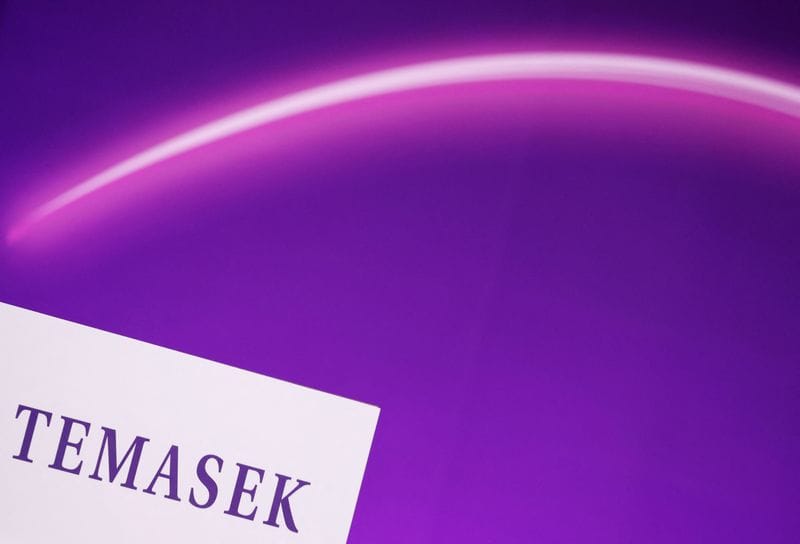Singapore's Temasek to sell Pavilion Energy to Shell

Source: Market Screener
SINGAPORE, June 18 (Reuters) - Singapore's global investment company Temasek said on Tuesday it has agreed to sell 100% of its shares in liquefied natural gas (LNG) trading firm Pavilion Energy to Shell.
The announcement confirmed a Reuters' report last Thursday saying Temasek was finalising the Pavilion Energy sale to Shell in the coming days in a deal worth hundreds of millions of U.S. dollars.
Temasek did not disclose financial details of the sale in the statement.
"We believe Shell is well positioned to grow Pavilion Energy's business and strengthen its global LNG hub in Singapore," Juliet Teo, Temasek's head of portfolio development group and head of Singapore market, said in the statement.
The deal will provide Shell, already the world's top LNG trader, with access to gas markets in Europe and Singapore as it aggressively expands its LNG footprint after raking in billions of profits last year.
The deal came just over a decade after Temasek established Pavilion Energy to address the growing demand for energy in Asia and support the energy transition.
Since 2013, Pavilion Energy has expanded from Singapore to Europe and built a portfolio including some 6.5 million tonnes per year or mtpa of LNG supply contracts from suppliers like Chevron, BP and QatarEnergy.
It also has offtake contracts from leading U.S. liquefaction facilities at Corpus Christi Liquefaction, Freeport LNG and Cameron LNG, according to the statement.
Temasek will retain its wholly owned unit Gas Supply Pte Ltd (GSPL), which imports piped natural gas from South Sumatra in Indonesia, the statement showed.
Pavilion Energy's pipeline gas contracts with customers in the power sector are also not part of the transaction and will be novated to GSPL, prior to completion, according to the statement.
Moreover, Pavilion Energy's 20% interest in Blocks 1 and 4 in Tanzania will not be included in the deal.
The transaction is expected to complete by first quarter of next year, subject to regulatory approvals, according to the statement. (Reporting by Florence Tan and Yantoultra Ngui; Editing by Kim Coghill)
